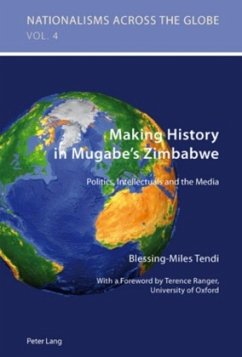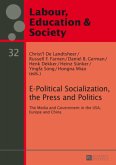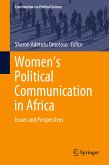The crisis that has engulfed Zimbabwe since 2000 is not simply a struggle against dictatorship. It is also a struggle over ideas and deep-seated historical issues, still unresolved from the independence process, that both Robert Mugabe's ZANU PF regime and Morgan Tsvangirai's MDC are vying first to define and then to address. This book traces the role of politicians and public intellectuals in media, civil society and the academy in producing and disseminating a politically usable historical narrative concerning ideas about patriotism, race, land, human rights and sovereignty. It raises pressing questions about the role of contemporary African intellectuals in the making of democratic societies. In so doing the book adds a new and rich dimension to the study of African politics, which is often diluted by the neglect of ideas.
«This book penetrates beneath the rhetoric of Zimbabwe's ZANU PF party and its critics to analyze the historical narrative called Patriotic History, which underlies the rhetoric and fundamental differences between Robert Mugabe and his opponents. Intellectuals and politicians on both sides are held to account in this important book.» (Princeton N. Lyman, Adjunct Senior Fellow for Africa Policy Studies, Council on Foreign Relations (Washington, DC))
«By bringing clarity, sense and cohesion to the highly contentious political rhetoric of Zimbabwean politics, the author has made an important contribution to research on contemporary Zimbabwe.» (Charles Laurie, Modern African Studies)
«By bringing clarity, sense and cohesion to the highly contentious political rhetoric of Zimbabwean politics, the author has made an important contribution to research on contemporary Zimbabwe.» (Charles Laurie, Modern African Studies)








